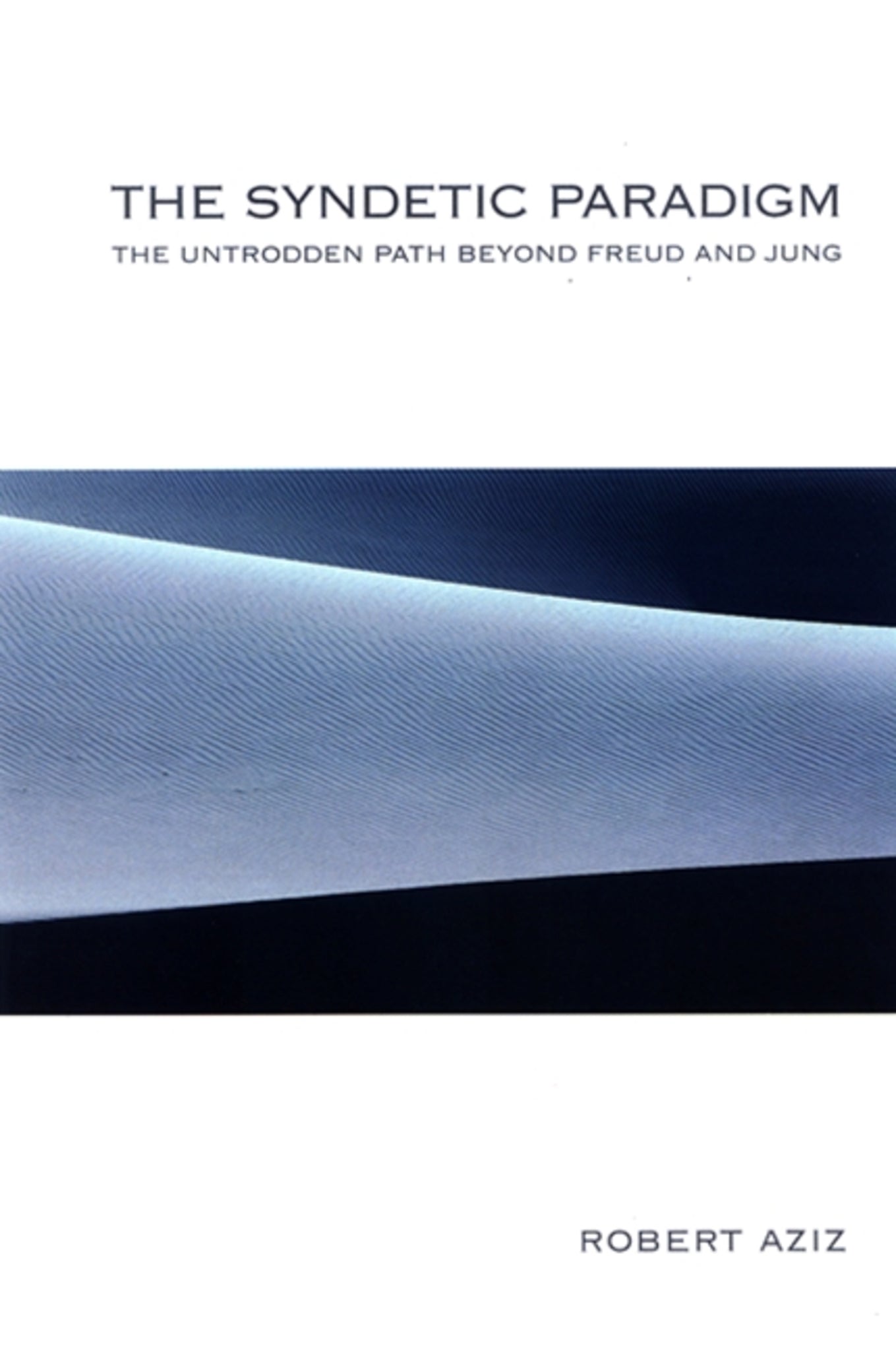We're sorry. An error has occurred
Please cancel or retry.
The Syndetic Paradigm

Some error occured while loading the Quick View. Please close the Quick View and try reloading the page.
Couldn't load pickup availability
- Format:
-
08 February 2007

Offers a new theoretical paradigm that goes beyond the limitations of Freudian and Jungian psychological models.
In The Syndetic Paradigm, Robert Aziz argues that the Jungian Paradigm is a deeply flawed theoretical model that falls short of its promise. Aziz offers in its stead what he calls the Syndetic Paradigm. In contrast to the Jungian Paradigm, the Syndetic Paradigm takes the critical theoretical step of moving from a closed-system model of a self-regulatory psyche to an open-system model of a psyche in a self-organizing totality. The Syndetic Paradigm, in this regard, holds that all of life is bound together in a highly complex whole through an ongoing process of spontaneous self-organization. The new theoretical model that emerges in Aziz's work, while taking up the fundamental concerns of its Freudian and Jungian predecessors with psychology, ethics, spirituality, sexuality, politics, and culture, conducts us to an experience of meaning that altogether exceeds their respective bounds.


"Grounded in both theory and practice, Aziz offers a solid critique of both Freud and Jung and presents a model that goes beyond them. The Syndetic Paradigm will creatively challenge Freudian and Jungian theorists of all kinds, including cultural theorists. The critique and correction that Aziz offers is of fundamental importance."— Harold Coward, author of Yoga and Psychology: Language, Memory, and Mysticism
"This book is an absolute must for readers of Jungian and Freudian literature. It is one of the rare works that takes a brand new look at the whole landscape of depth psychology and has the courage to say that each of the two established paradigms has important shortcomings, blind spots, and outright contradictions." — Jeffrey C. Miller, author of The Transcendent Function: Jung's Model of Psychological Growth through Dialogue with the Unconscious
"Lucidly written and richly illustrated with clinical material, Aziz's book goes beyond highlighting problems in Jungian and Freudian theory to propose a cogent new model that resolves them. The result is a profound and captivating work that is infused with spiritual wisdom as well as psychological insight. It is a book that deserves to be seriously pondered not only by psychotherapists but by all those seeking a coherent and dignifying new paradigm of our human being in the world." — Roderick Main, author of Revelations of Chance: Synchronicity as Spiritual Experience
Acknowledgments
Introduction
I. Self-Organizing Nature
II. Nature’s Intrinsic Morality
III. Sexual Alchemy
IV. The Empty Mandala
Notes
Bibliography
Index



